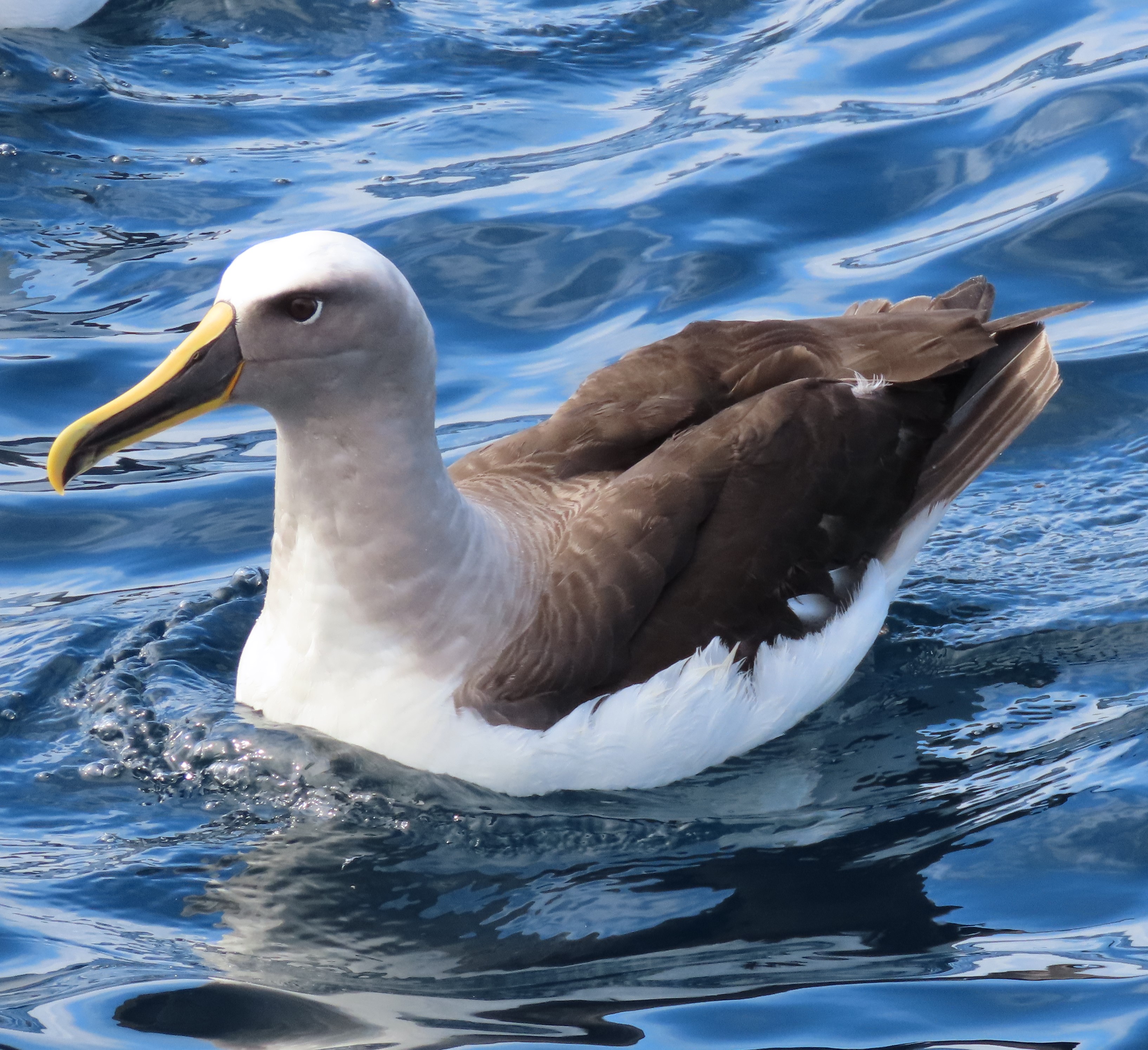 Three study colonies on New Zealand's sub-Antarctic islands, The Snares, were the focus for the population study; photograph by Javier Quiñones
Three study colonies on New Zealand's sub-Antarctic islands, The Snares, were the focus for the population study; photograph by Javier Quiñones
A report prepared by David Thompson and Paul Sagar (National Institute of Water & Atmospheric Research Ltd, Wellington, New Zealand) for New Zealand’s Conservation Services Programme on the Buller’s Albatross Thalassarche bulleri has been released by the Department of Conservation.
The report’s Executive Summary follows:
This report presents a summary of the results of demographic studies at three study colonies of southern Buller’s albatrosses Thalassarche bulleri bulleri breeding at Tine Heke the Snares from 25 March to 9 April 2023.
Demographic studies at the three study colonies on North East Island have been undertaken annually 1992-2023, with the exception of 2018 and 2021, and so this report incorporates some of these data in the current analysis. Estimates of the numbers of breeding pairs, made by recording the contents of each nest mound, decreased in all three study colonies compared to 2022, when estimated numbers were at an all-time high over the 30 plus years of this study. With the assumption that the combined total number of breeding pairs in the three study colonies was representative of North East Island as a whole then the breeding population probably peaked in 2005-2006 and has since undergone marked annual variations.
A total of 374 birds that had been banded previously in the study colonies as breeding adults of unknown age were recaptured. A further 82 breeding birds were banded in the study colonies - these are presumed to be first-time breeders. Estimates of annual survival of birds banded as breeders improved in 2022 with an estimate of 0.931. During the period 1992-2004 all chicks that survived to near-fledging in the study colonies were banded and their survival to return to the study colonies in subsequent years has been monitored. This year 139 of these birds were recaptured, with birds from cohorts banded from 1998 to 2004 being recaptured for the first time. This demonstrates the long- term monitoring required to obtain reliable estimates of survival of such known-age birds. Of the 139 known-age birds recaptured in 2023, 11 were found breeding for the first time, and so were recorded as being recruited to the breeding population. In addition, three birds that had been banded as near-fledging in the study colonies during September 2013 and September 2014 were also recaptured for the first time.
In 2020 50 Global Location Sensing (GLS) tags were attached to the metal leg bands of breeding birds in the Mollymawk Bay study colony; of these, 31 were retrieved in 2022 and a further 3 during the 2023 field season.
Twelve trail cameras were deployed at breeding colonies and set to record one photograph every hour during daylight in April 2022. All of these were checked in 2023 when the SD cards were removed and replaced with new cards.
Reference:
Thompson, D., Sagar, P. 2023. Population studies of southern Buller's albatross on Tini Heke/The Snares. POP2019-04 final report prepared by NIWA for the Department of Conservation. 18 p.
18 September 2023

 English
English  Français
Français  Español
Español